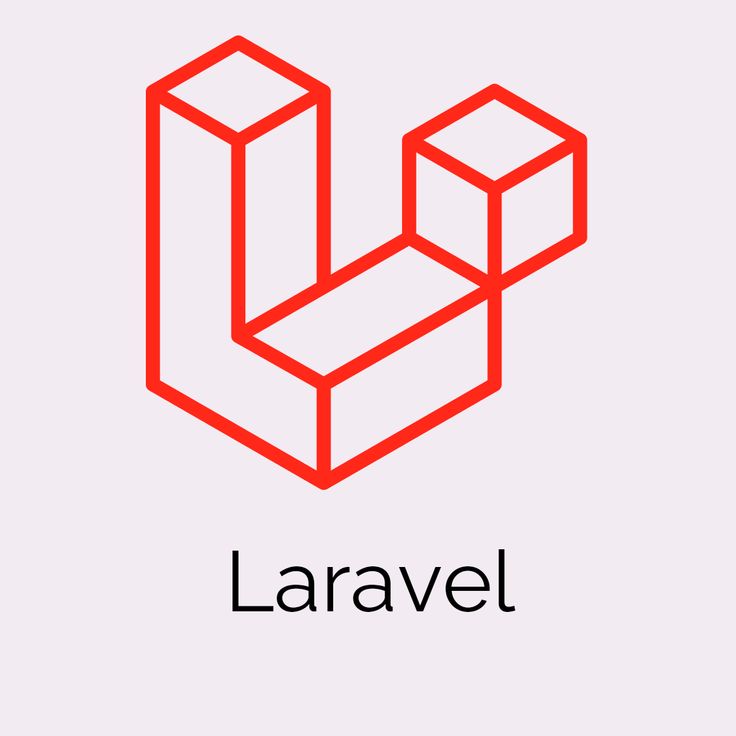- info@einnovention.us
- THIS SITE IS OWNED AND OPERATED BY MUHAMMAD AATIF NADEEM.
Laravel

Title: Exploring the Power of Laravel for Web and CMS Development
Introduction
In the ever-evolving landscape of web development, choosing the right framework can significantly impact the success of a project. Laravel, a PHP framework, has gained immense popularity due to its elegant syntax, robust features, and vibrant community. Notably, Laravel's capabilities extend beyond traditional web development, making it an excellent choice for Content Management System (CMS) development as well. In this blog, we'll delve into the world of Laravel and its role in web and CMS development.
Laravel: A Brief Overview
Laravel, created by Taylor Otwell in 2011, has quickly risen to prominence as a leading PHP framework. It is known for its simplicity, expressive syntax, and emphasis on developer productivity. Laravel follows the Model-View-Controller (MVC) architectural pattern, making it easier to organize code and separate concerns.
Powerful Features for Web Development
- Eloquent ORM: Laravel's Eloquent ORM simplifies database interactions by providing an intuitive syntax for defining and querying database models. This allows developers to focus on business logic rather than dealing with complex SQL queries.
- Routing and Middleware: Laravel's routing system enables developers to define clean and understandable URLs for their applications. Middleware enhances security and allows for handling HTTP requests at various stages, such as authentication and input validation.
- Blade Templating Engine: Blade offers a powerful templating engine that allows developers to create dynamic views without cluttering the code with PHP logic. It supports layouts, includes, and conditional statements for building reusable and elegant UI components.
- Authentication and Authorization: Laravel simplifies user authentication and role-based authorization with built-in features like authentication scaffolding, guards, and policies, ensuring secure access control to application resources.
- Artisan CLI: The Artisan command-line interface automates repetitive tasks, such as generating boilerplate code, creating migration scripts, and running tests. This boosts developer productivity and maintains consistency across projects.
Laravel as a CMS Development Platform
Laravel's versatility extends beyond standard web development to CMS development. With its modular architecture and rich ecosystem, Laravel provides a solid foundation for building robust and feature-rich content management systems.
- Packages and Extensions: Laravel's package ecosystem offers a plethora of extensions and plugins to add CMS-specific functionalities. Popular packages like "Laravel Nova" provide an administration panel for managing content, while "Voyager" offers an intuitive interface for creating custom admin panels.
- Customization and Scalability: CMS development often requires tailoring solutions to specific content types and user needs. Laravel's modular architecture allows developers to create custom modules, ensuring that the CMS remains scalable and adaptable to evolving requirements.
- API Integration: As modern CMSs often need to interact with external services and APIs, Laravel's support for RESTful APIs and tools like Laravel Sanctum facilitate seamless integration with third-party applications and services.
- Multi-language Support: Many CMSs cater to diverse audiences, necessitating multi-language support. Laravel's localization features simplify the process of translating content and providing a consistent experience for users worldwide.
Conclusion:
In the realm of web and CMS development, Laravel stands out as a versatile and robust framework. Its expressive syntax, rich ecosystem, and strong community support make it an ideal choice for developing dynamic web applications and content management systems. Whether you're creating a personal blog, an e-commerce platform, or a complex CMS, Laravel's features empower developers to build efficient and maintainable solutions. As the technology landscape continues to evolve, Laravel remains a powerful tool for crafting modern and user-centric web experiences.

